When the new U.S. Congress convenes in January, there may be revived interest in oversight of a runaway United Nations. The U.N. system is fueled by billions every year in U.S. tax dollars, but has been operating these past two years without such speed bumps as even the occasional congressional oversight hearing into those busy back corridors of the U.N., in which the U.S. administration places so much trust, and through which so much money flows.
Many areas want looking into. These range from assorted fiascos of U.N. peacekeeping and sanctions regimes, to such questions as who’s actually benefiting from U.S. money given to the U.N. (now more than $6 billion per year) and from the credibility that U.S. support lends to the institution (priceless).
But a common theme running through all of this is the U.N.’s continuing failure to provide transparency and accountability. On that score, there’s a certain sorry entertainment value — as well as serious questions — to be found in browsing the U.N.’s current version of financial disclosure, as practiced by senior U.N. officials. This system was supposed to be one of the important reforms brought in by former Secretary-General Kofi Annan, as he tried during his final stretch in office, in 2006, to wipe the sludge of Oil-for-Food from his Brioni suits.
When Secretary-General Ban Ki-moon arrived in office, in 2007, he promised that his “first priority” at the U.N. would be to “restore trust.” He advertised that as part of this effort, he would follow through on Annan’s pledges of disclosure of personal finances by senior U.N. officials. That was a great idea, the urgent need for it underscored that same year by the indictment in New York’s Southern District of the former head of the U.N. Oil-for-Food program, Benon Sevan, on charges of bribery and conspiracy to defraud the U.N. relief program he had run (Sevan, who left the U.S. and has not returned to face the charges, has denied any wrong-doing); and the conviction in New York federal court of a former head of the U.N. General Assembly’s budget oversight committee, Vladimir Kuznetsov. He was found guilty in 2007 of conspiring to launder hundreds of thousands of dollars worth of kickbacks on U.N. procurement deals, while serving as the highest-ranking Russian official at the U.N.
But the “reform” that Annan bequeathed, and Ban has run with, is a system in which what is mainly disclosed by U.N. management is that almost nothing is disclosed (yes, you read that right). Top U.N. officials are supposed to render up information in-house about their finances. This is done in ways so confidential that even the U.N.’s Ethics Office, which administers the program, is not privy to the details. Senior staffers are then allowed to choose for themselves whether any information at all about their finances will be released to the public. This has resulted in some officials, such as Annan’s former chief of staff, Iqbal Riza (who has lingered at the U.N. in New York as a “special adviser” to Ban Ki-Moon) filing a public disclosure form in which he does nothing more than check a box, confirming that he has chosen “to maintain the confidentiality of the information disclosed by me.”
Some of the more forthcoming officials do choose to disclose slightly more than merely a refusal to disclose. Even then, it’s done in a format so abbreviated and generic that it provides almost no information. The U.N.’s entire public disclosure form runs to a single page, with no actual dollar amounts listed. Ban himself, for instance, filled out a form for 2009 which says his assets consist of an apartment and two lots of land in South Korea. What are these worth? There’s no clue.
Under the heading of “Ethical Standards,” such farcical “disclosures,” from dozens of senior U.N. officials worldwide, are posted on Ban Ki-moon’s official U.N. web site. Until now, I thought the Riza-style approach of utterly non-disclosing disclosure took the cake.
But in revisiting the site recently, I came across an entry that is in some ways even more tantalizing. That would be the form filed for 2009 by the director-general of the U.N. Office at Geneva, Sergei Ordzhonikidze. A former Soviet and then Russian diplomat, Ordzhonikidze was appointed in 2002 by Kofi Annan to head the U.N.’s palatial spread in Geneva, where last year alone he managed a budget of $227 million. (The U.N. Office at Geneva is home to the lavishly maintained Human Rights Council, among other U.N exotica).
Ordzhonikidze accounts directly to the U.N. Secretary-General, and serves as Ban’s representative in Geneva. When Ban Ki-moon’s web pages began featuring the “disclosure” forms, Ordzhonikidze for 2007 and 2008 was among the U.N. officials willing to list his assets. But he said they consisted solely of “Bank Savings accounts.” He listed nothing else. How much was in those savings accounts? Where in the world were they held? That’s a level of detail which UN public “disclosure” doesn’t bother with.
But here’s the intriguing bit. For the most recent filing, for 2009, Ordzhonikidze’s assets have apparently changed. He no longer lists even “Bank Savings accounts.” Under assets, he lists “Nil.” Likewise, under the other five categories, he also lists “Nil.” Apparently, he has gone from having assets that consisted solely of savings accounts to having no assets at all — or at least nothing worth more than $10,000, which is the minimum bar for disclosure. No house, no substantial possessions, no profits from the sale of personal property, no assets whatsoever. For that matter, no liabilities, either. No nothin’, just “Nil, Nil, Nil, Nil, Nil, Nil.”
What’s going on? After years of service pulling in a U.N. salary well into six-figures and loaded with perks, while running a U.N. complex that features a nine-figure budget and peacocks on the manicured lawns, has the director-general of the U.N. Office at Geneva been somehow abruptly left with no finances of his own to report? (Queried by email about this, a spokesperson for the U.N. in Geneva said Ordzhonikidze was traveling and could not be reached in time for this article.)
Or has Ban’s promise of U.N. transparency devolved to where he and his top team members, under the label of ”public disclosure,” routinely disclose either next-to-nothing or “Nil”? If U.S. law makers are ready to try again, can they get the candor the U.N. has repeatedly promised and failed to deliver? It would be worth finding out.
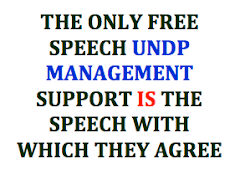


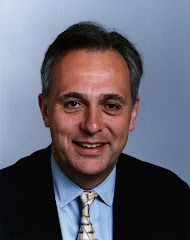
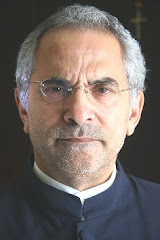

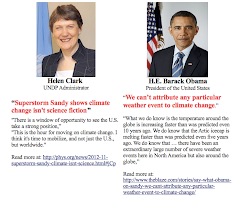














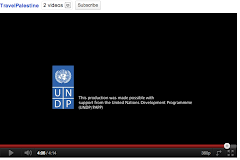

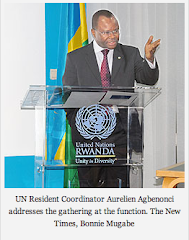

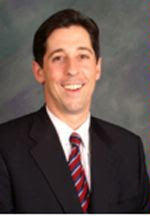

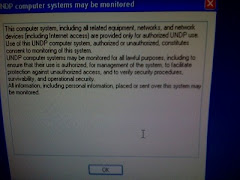

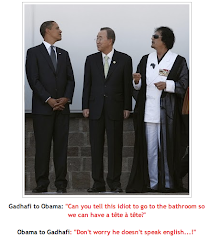
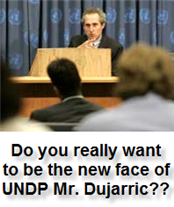





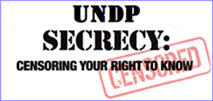
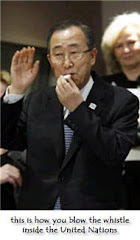
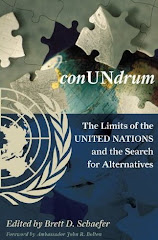

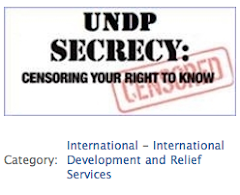
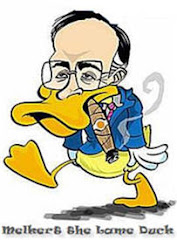


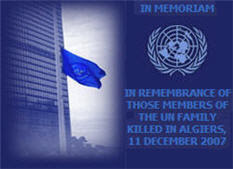


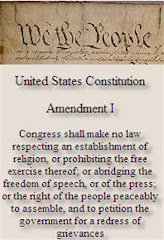
No comments:
Post a Comment